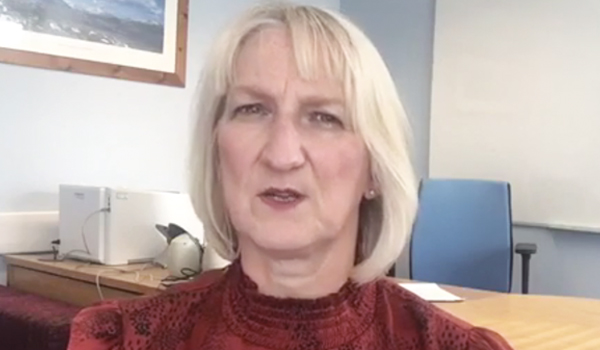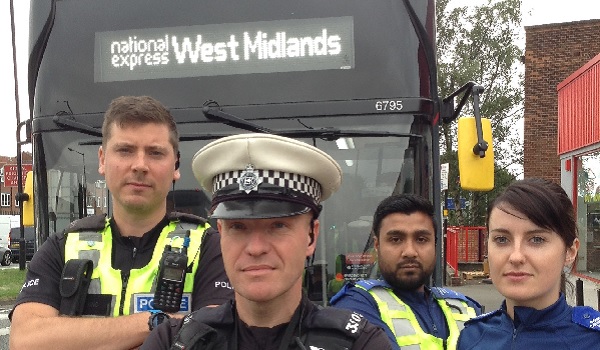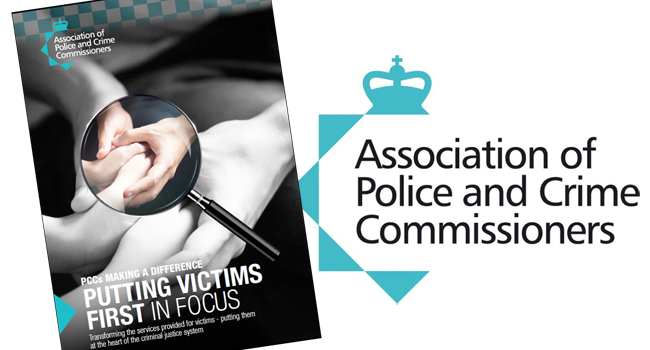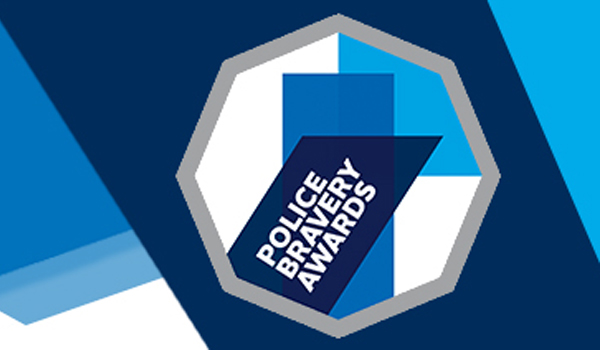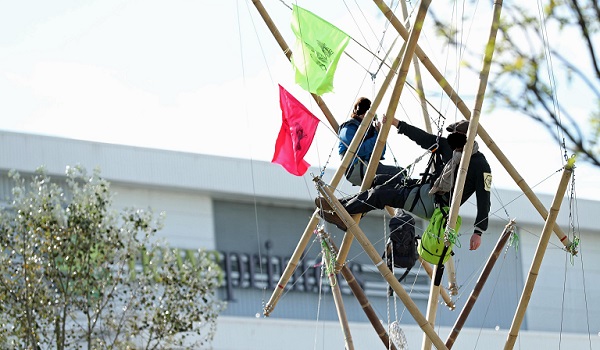Number of modern slavery and trafficking victims in NI almost doubles
The number of victims of modern slavery and human trafficking in the UK has increased by more than 50 per cent in the past year – with the number identified in Northern Ireland almost doubling.
Jacqui Durkin, Chief Inspector of Criminal Justice in Northern Ireland, said these offences were often “hidden in plain sight” and the true extent of crimes was still unclear.
The Criminal Justice Inspection Northern Ireland (CJI) published its first in-depth assessment of how the criminal justice system in the province deals with this activity today (October 15).
“In 2019 there were 10,627 potential victims of modern slavery and human trafficking identified in the UK – an increase of 52 per cent from the previous year – and 91 of these referrals were made in Northern Ireland,” said Ms Durkin.
The report found this was almost double the 52 victims identified in Northern Ireland in 2018. The year before that the number was 31.
Of the victims identified in 2019, 48 were male and 43 female. Of these, 16 were children.
“Modern slavery and human trafficking exploits men, women and children who are already vulnerable,” said Ms Durkin. “It may seem like something that doesn’t happen in our community, but it does and it’s happening now.”
She said victims of modern slavery and human trafficking were among the “most vulnerable and traumatised” and were often too terrified to speak out and seek help.
“These offences are often described as being ‘hidden in plain sight’,” added Ms Durkin.” They can involve people working on farms, in food production, at car washes, in nail bars, in domestic settings cleaning homes and providing childcare, as well as children who are trafficked across Northern Ireland for sexual exploitation.”
The CJI report – ‘Hidden in plain sight’: Tackling modern slavery and human trafficking in Northern Ireland – examined the work carried out by the Police Service of Northern Ireland (PSNI) and the Public Prosecution Service of Northern Ireland (PPS) to investigate and prosecute cases, and how both organisations engaged with victims.
Inspectors also looked at the Department of Justice (DoJ) strategies and policies linked to tackling this issue as well as the legislative framework.
Inspectors found that excellent working relationships existed between specialist police officers working in the PSNI’s Modern Slavery and Human Trafficking Unit and specialist prosecutors working in the PPS.
They said a well-established legislative and governance framework was in place across the UK with good links established between the PSNI and the National Crime Agency (NCA).
Inspectors also found the introduction of ‘single points of contact’ within police districts to provide support and guidance to local officers in response to this emerging crime area was an “excellent initiative”, with the potential for the role to be developed further.
“This inspection identified further work was required to better understand the nature and scale of modern slavery and human trafficking and develop a more effective legislative and strategic response. Inspectors have made three strategic and eight operational recommendations to help deliver further improvement,” said Ms Durkin.
“We have recommended that the full range of enforcement powers available elsewhere in the UK need to be replicated in Northern Ireland, and I am encouraged the Minister of Justice has already indicated her intention to consider the need for, and implications of, similar provisions in Northern Ireland, in the draft Modern Slavery Strategy for 2021/22, which will soon be issued for public consultation.
“We have also recommended that within the next six months, the PSNI should undertake and develop a revised strategic analysis of modern slavery and human trafficking as it affects Northern Ireland, taking into account the issues identified on this inspection report.
“This work will help the police to consider future demands on policing and inform planning to meet its investigative requirements and support victims effectively.”
Inspectors identified there needed to be a greater strategic focus on pursuing perpetrators of trafficking offences against children. It was also important that frontline police officers understood modern slavery as child abuse and applied the appropriate child protection referral arrangements.
“In addition,” said Ms Durkin, “we have also urged the DoJ to prioritise and consult on a legislative requirement that jury directions be given in modern slavery and human trafficking cases, to help juries consider court evidence in a more informed way.”
Ms Durkin said that at an operational level, inspectors recommended the PSNI update its guidance on the use of interpreting and translation services to take account of victims’ ethnic, religious and cultural sensitives, and that additional training to support frontline police officers effectively respond to the signs of modern slavery and human trafficking, would be beneficial.
“We have also recommended that within the next six months the PPS should develop an action plan to improve how it instructs Counsel in modern slavery and human trafficking cases,” she added.
While Ms Durkin said the inspection report focused on what criminal justice organisations were doing to tackle modern slavery and human trafficking in Northern Ireland, individually and as a community, everyone had a part to play.
“It’s vitally important we all know what modern slavery and human trafficking can look like and what to do about it when we see it,” she said.
Detective Chief Inspector Gareth Talbot, from the PSNI’s Modern Slavery and Human Trafficking Unit, welcomed the “positive inspection” that acknowledged the “excellent working relationships” between specialist police officers and specialist prosecutors working in the PPS”.
“Inspectors also praised the introduction of single points of contact within our policing districts to provide support and guidance to local officers in response to this emerging crime area as an ‘an excellent initiative, with the potential for the role to be developed further’,” he added.
“We will continue to build on this good work and following the recommendations made as a result of the inspection we will be developing an action plan to deliver on these. We will also continue to work other partners, specifically the DoJ and the PPS, to help them with any recommendations they are leading on.”
Mr Talbot said modern slavery was a priority for the PSNI, and the Modern Slavery and Human Trafficking Unit was created in 2015 with a “dedicated team of specialist officers to investigate these abhorrent crimes which are committed against some of the most vulnerable people in our society”.
He added: “There are many different reasons why victims are trafficked, including for sexual exploitation or labour exploitation where people are forced to perform work that is either legal or illegal, such as in car washes, factories, forced begging, cannabis cultivation or drug dealing.
“Modern slavery denies victims their human right to life, safety and freedom. The criminals prey on vulnerable people, control them by fear and exploit them for their own selfish gains.
“We are working hard but we cannot tackle this problem alone. This is why we will continue to work closely with partner agencies in the DoJ’s Organised Crime Task Force, as well as with An Garda Síochána, the NCA, the PPS, Immigration Enforcement, Border Force, HM Revenue and Customs and the Health and Safety Executive.”
Dame Sara Thornton, the Independent Anti-Slavery Commissioner, welcomed the CJI’s assessment and said she looked forward to seeing “how the PSNI, PPS of Northern Ireland and Ministry for Justice respond to the report’s recommendations”.
“I particularly welcome the recommendation that the DoJ together with other agencies should re-examine the need for Slavery and Trafficking Risk Orders (STROs) in Northern Ireland,” said Dame Sara. “The experience of forces in England and Wales is that STROs are an effective tool to both restrain offenders and protect the vulnerable and I am very pleased that this has been recognised in the report.
“I am not surprised that the report recognises some of the excellent work already happening in Northern Ireland, such as the effective working relationship between the specialist prosecutors in the PPS for Northern Ireland and police officers in the Modern Slavery and Human Trafficking Unit. This mirrors my experience of visiting Northern Ireland where I am repeatedly impressed by the collaborative culture of agencies, NGOs and community initiatives and their broad commitment to tackling modern slavery.”


